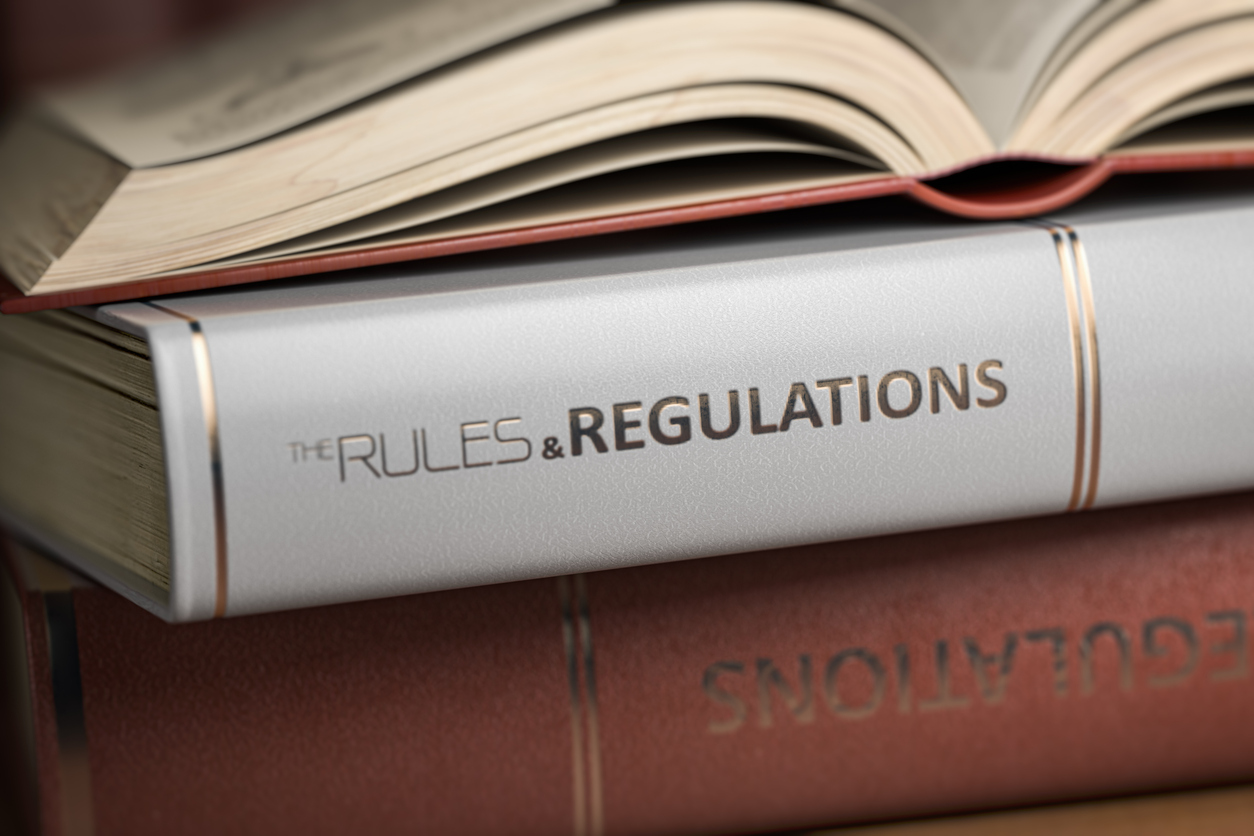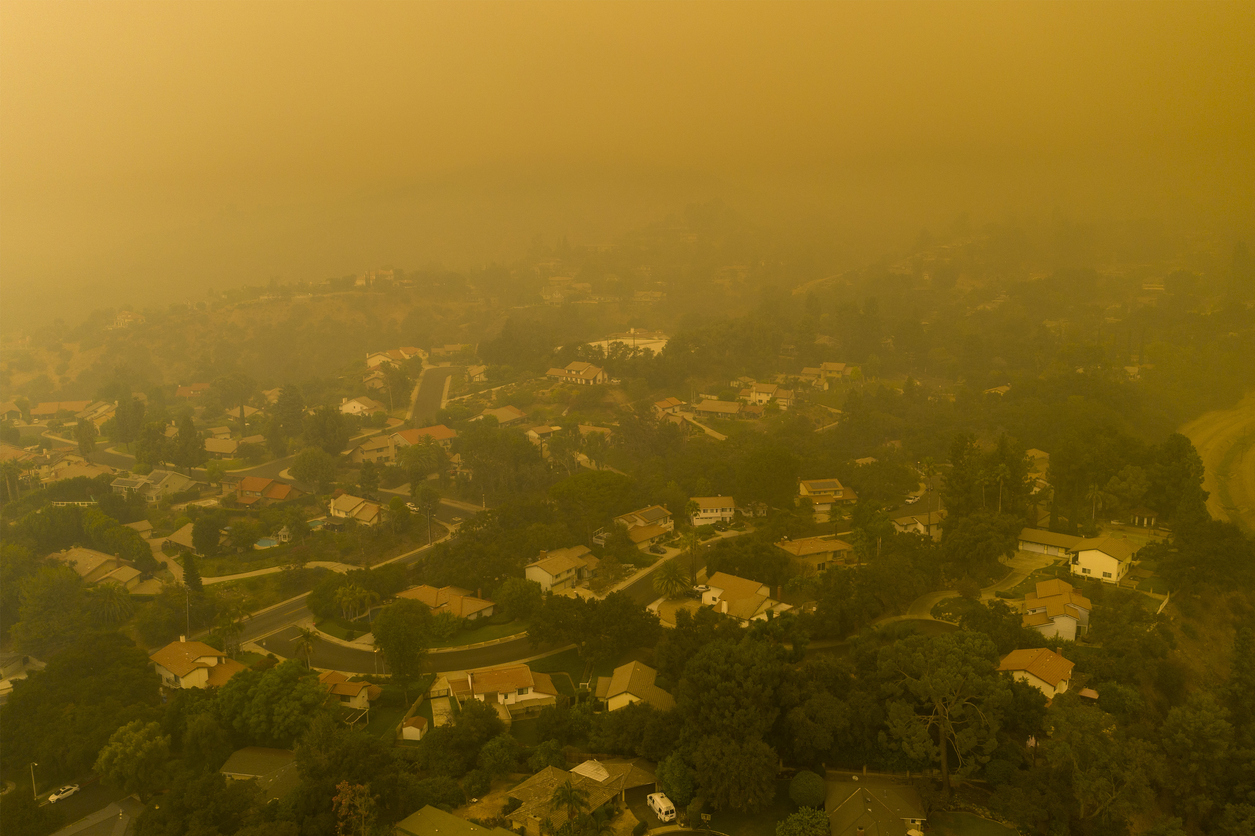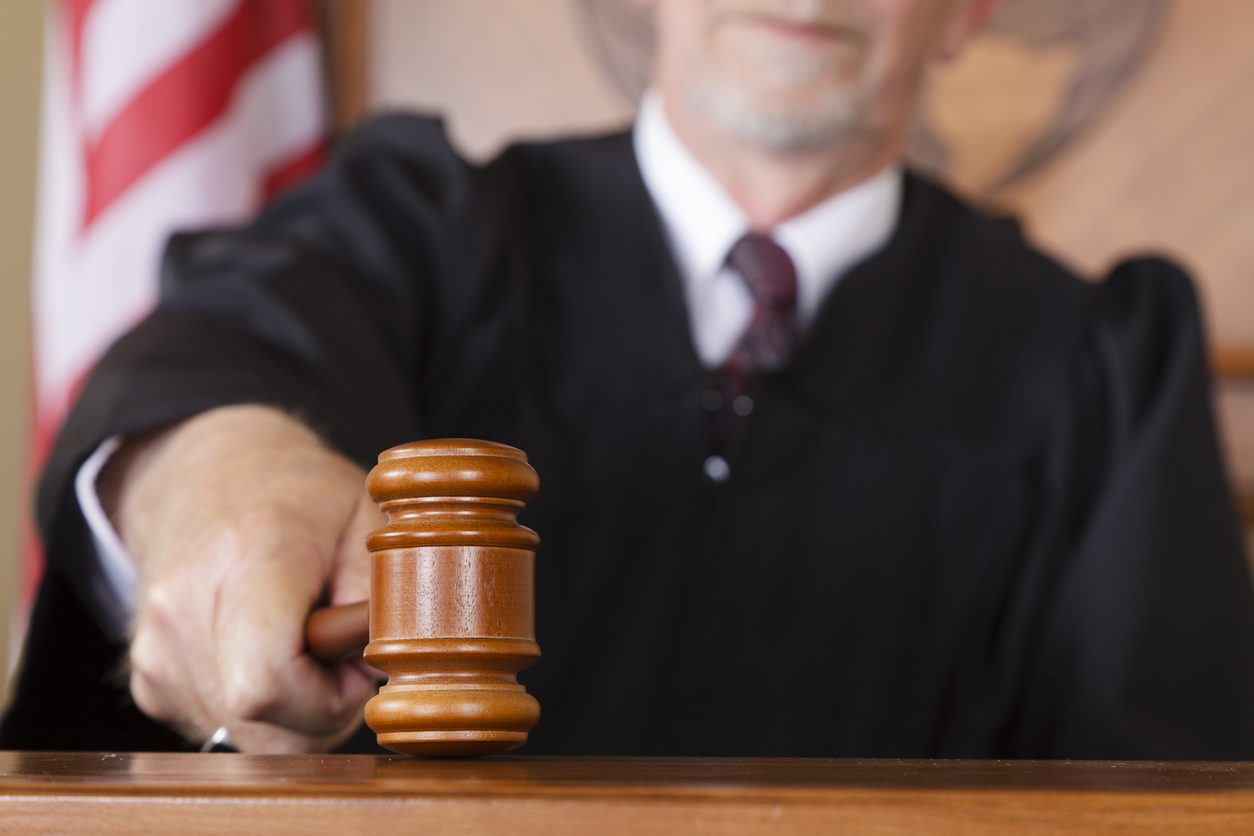An insurer’s duty of good faith and fair dealing to its insured continues even after litigation is filed against the insurer. Colorado recognizes that an insurer’s litigation tactics may be considered by the jury in determining unreasonableness and punitive damages. See Tait ex rel. Tait v. Hartford Underwriters Ins. Co., 49 P.3d 337 (2001) (trial court increased punitive damages because during litigation the insurer committed discovery violations and delegated to counsel many of its continuing obligations to the insured despite insurer’s ongoing duty to insured pursuant to Southerland v. Argonaut Insurance Co., 794 P.2d 1102 (Colo. App. 1990); Dale v. Guaranty National Insurance Co., 948 P.2d 545 (Colo. 1997) (an insurer’s conduct even after an arbitration proceeding is relevant to a claim of bad faith breach of an insurance contract); and Coors v. Security Life of Denver Ins. Co., 112 P.3d 59 (2005) (Supreme Court upheld punitive damages award because insurer’s bad faith conduct continued after the lawsuit was filed).
When insurance benefits have been unreasonably delayed or denied, lawyers representing policyholders may file claims for breach of contract, bad faith, punitive damages, and claims pursuant to Colorado’s Insurance Prompt Payment Statutes C.R.S. 10-3-1115 and -1116. Because the statutory remedies in C.R.S. 10-3-1116 do not require any additional showing beyond the unreasonableness of the delay or denial of benefits, some lawyers may opt to leave out claims for bad faith and may not request punitive damages because the level of insurer culpability for those claims is higher than the standard described in C.R.S. 10-3-1115. Unlike common law bad faith, under C.R.S. 10-3-1115, the insured does not have to prove damages that resulted from the insurer’s bad faith or that the insurer’s conduct was willful or wanton. The insured need only prevail on the § 1115 claim to receive twice the covered insurance benefit.
However, lawyers for policyholders should consider asserting all possible claims against the insurer, including the statutory claims, breach of contract, bad faith, and a request for punitive damages, especially when an insurer’s actions during litigation (including actions of the insurer’s counsel) may warrant punitive damages. Punitive damages include the potential for treble damages.
Potential Treble Damages
C.R.S. 13-21-102(1.5)(a) provides:
A claim for exemplary damages in an action governed by this section may not be included in any initial claim for relief. A claim for exemplary damages may be allowed by amendment to the pleadings only after the exchange of initial disclosures pursuant to rule 26 of the Colorado rules of civil procedure and after the plaintiff establishes prima facie proof of a triable issue. After the plaintiff establishes the existence of a triable issue of exemplary damages, the court may, in its discretion, allow additional discovery on the issue of exemplary damages as the court deems appropriate.
Section 1(a) of the statute provides for exemplary damages when the "injury complained of is attended by circumstances of fraud, malice, or willful and wanton conduct. . . ." If the plaintiff establishes prima facie proof that the injury arises from the foregoing circumstances, it is sufficient to meet the (1.5)(a) requirement. Stamp v. Vail Corp., 172 P.3d 437, 450 (Colo. 2007) (prima facie proof of wanton and willful conduct is prima facie proof of a triable issue of exemplary damages).
Most important for policyholders is the fact that punitive damages may be trebled pursuant to C.R.S. 13-21-102 if the insurer’s litigation tactics further aggravated the damages of the policyholder:
. . . the court may increase any award of [punitive] damages, to a sum not to exceed three times the amount of actual damages, if it is shown that:
(b) The defendant has acted in a willful and wonton manner during the pendency of the action in a manner which has further aggravated the damages of the plaintiff when the defendant knew or should have known such action would produce aggravation.
C.R.S. § 13-21-102. (Emphasis added).
When an insurer’s litigation tactics exceed the reasonable adversarial process, policyholders’ lawyers may consider adding a request for punitive damages. Excessive document requests, improper removal of the case from state to federal court, and disregarding court orders are examples of insurer litigation tactics that could justify treble damages. Although the willful and wanton standard is a heavier burden for the insured, the threat of treble damages may help curb insurer tactics that would increase an insured’s damages during a lawsuit.



